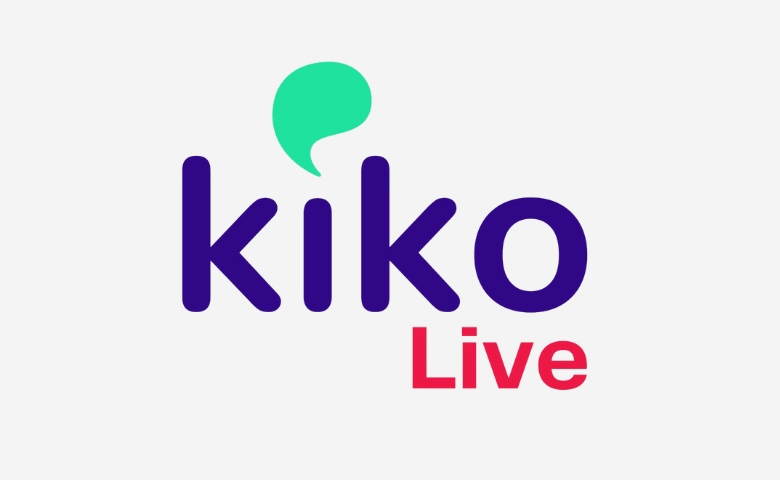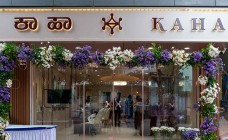Kiko Live empowers Kiranas with new B2B quick-commerce platform
By Retail4Growth Bureau | November 06, 2025
The company has unveiled India’s first B2B quick-commerce platform for FMCG distribution with an aim to shrink brand-to-retailer delivery cycles from seven days to just 24 hours.

In a move that has the potential to significantly redefine General Trade distribution and supply chain dynamics in the FMCG segment, Kiko Live, the digital enabler of Kirana retail, has unveiled India’s first B2B quick-commerce platform for FMCG distribution with an aim to shrink brand-to-retailer delivery cycles from seven days to just 24 hours.
“At a time when Indian consumers can get groceries in minutes but small retailers still wait nearly a week to restock, Kiko Live’s new tech-plus-logistics network aims to close that gap,” says the company statement.
Kiko lets Kirana stores order directly from FMCG brands online, while Kiko’s on-demand fleet executes fulfillment with real-time tracking, automated routing, and digital proof-of-delivery.
“Retailers are the beating heart of India’s consumption story, yet their supply chains remain offline and sluggish. Our goal is to bring the same speed and visibility to B2B distribution that consumers already enjoy in B2C quick commerce. By helping brands move goods faster, we are unlocking a multi-billion-dollar efficiency opportunity for the sector,” said Alok Chawla, Co-founder of Kiko Live.
India’s FMCG logistics typically consumes 2% to 5 % of product value, and with the market pegged at US $800 billion, even modest efficiency gains translate into tens of billions of dollars. Traditional secondary distribution remains plagued by seven to eight day restock cycles, limited vehicle fleets, manual tracking, and frequent stockouts.
Kiko Live’s system automates every step right from order sync and distributor assignment to trip generation, vehicle allocation, loading, and dispatch. The company’s shared-capacity model reduces idle time and fuel costs, while retailers benefit from 24-hour replenishment and distributors can operate fleet-free, lowering overheads.
“With more than 12 million Kirana outlets serving as the country’s primary retail touchpoints, real-time restocking could significantly improve working-capital cycles for both brands and small retailers. Speed and visibility are no longer luxuries but the new competitive edge in FMCG,” added Chawla.
Already operational in Mumbai, Kiko Live plans to expand to Pune, Hyderabad, and NCR within months, backed by an API-ready architecture that allows seamless integration with existing ERP systems. The startup’s scalable framework can support multiple product categories across urban and semi-urban India.
As India’s FMCG giants push for faster market penetration and organized retail continues to blur with local commerce, Kiko Live positions itself as the infrastructure layer powering a new era of instant, intelligent B2B distribution.








